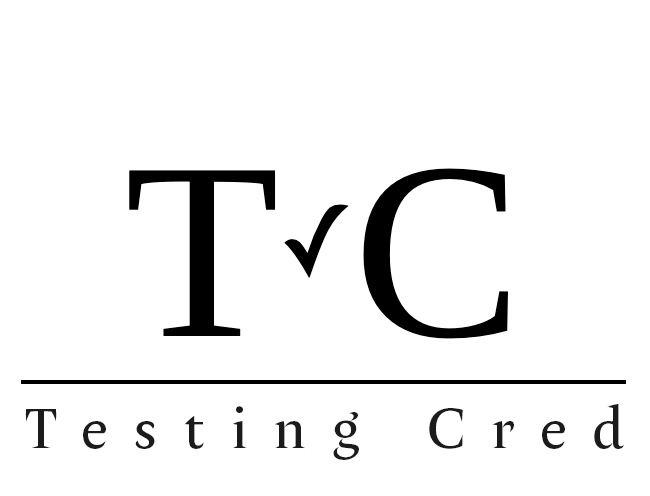Navigating a career in software quality assurance (QA) can be both exciting and challenging. Whether you’re on the hunt for your first job as a software tester/QA analyst or eyeing a promotion to a test lead or test manager position, certain strategies can enhance your prospects. Here are some tips to help you achieve your career goals in the field of software testing.
Starting Your Career as a Software Tester/QA Analyst
1. Gain the Right Qualifications:
- Educational Background: A degree in computer science, IT, or a related field is beneficial, though not always mandatory. Many employers value practical experience and specific skills over formal education.
- Certifications: Consider obtaining certifications such as ISTQB. These certifications are globally recognized and can significantly boost your employability. Take this 2-minute software testing career path quiz to know which certifications you need for jobs and promotions.
- Micro-Credentials: Demonstrate your ongoing commitment to education and staying on top of the latest software testing areas through AT*SQA micro-credentials. Earning the micro-credential is much more powerful than saying you’re read or watched videos on that topic.
2. Build Practical Experience:
- Internships and Volunteering: Gain hands-on experience through internships or volunteer work, even if it’s in a related field like software development. This experience is invaluable and can often lead to full-time positions.
- Personal Projects: Work on personal or open-source projects to practice your testing skills. Document your processes and findings; this can be a great addition to your portfolio.
3. Network and Learn:
- Join Professional Groups: Platforms like LinkedIn, Meetup.com, and specific software testing forums can connect you with seasoned professionals. Attend webinars, workshops, and conferences to network and stay updated on industry trends.
- Continuous Learning: The tech field is quick-moving, so staying informed about the latest testing tools, technologies, and methodologies is crucial.
Advancing to Test Lead or Test Manager
A good starting point is watching this video about how to get promoted in software testing. It features a veteran test manager and offers practical advice you can start applying today.
1. Demonstrate Leadership and Initiative:
- Lead by Example: Start by taking the initiative in your current role. Offer to lead small projects or mentor new team members. Showing leadership skills can make you a prime candidate for promotion.
- Soft Skills: Develop your communication, problem-solving, and team management skills. Effective leadership is as much about managing people as it is about managing projects.
2. Enhance Your Strategic Thinking:
- Understand the Business: Gain a broad understanding of your company’s business goals. This knowledge will allow you to align testing objectives with business objectives, a key skill for any test lead or manager.
- Learn Project Management: Familiarize yourself with project management principles and tools. Being able to plan, execute, and deliver testing projects efficiently is a critical skill for higher-level positions.
3. Specialize and Certify:
- Specialize: Consider specializing in areas that are in high demand, such as automation testing, cybersecurity testing, or agile testing methodologies. Specialization can set you apart from the competition.
- Advanced Certifications: Pursue advanced certifications relevant to your desired role. For example, the ISTQB offers Advanced Level certifications for Test Managers and Test Analysts, which can bolster your qualifications for leadership roles.
4. Build a Portfolio of Success:
- Document Your Achievements: Keep a detailed record of projects you’ve led or contributed to significantly, challenges you’ve overcome, and the impact of your work on the overall project or company. This portfolio can be a powerful tool during interviews or performance reviews.
General Career Tips
- Be Proactive: Always look for ways to improve processes, enhance efficiency, and reduce costs. Proposing innovative solutions can highlight your potential for higher-level positions.
- Cultivate Professional Relationships: Build strong relationships with colleagues, managers, and other departments. Networking can open doors to new opportunities and provide support for career advancement.
- Stay Adaptable: The ability to quickly adapt to changes in technology, methodologies, and project requirements is invaluable in the fast-paced world of software testing.
- Bounce Back from Layoffs: If you are between jobs, watch this video on what to do after you have been laid off from a software testing job. Layoffs aren’t common in software testing because the overall demand for testers is so high, but it can happen as individual company situations are unique.
A successful career in software QA requires a combination of technical skills, certifications, practical experience, and soft skills. Whether you’re just starting or aiming for a leadership role, continuous learning, and proactive career management are key to advancing in this hot field.
